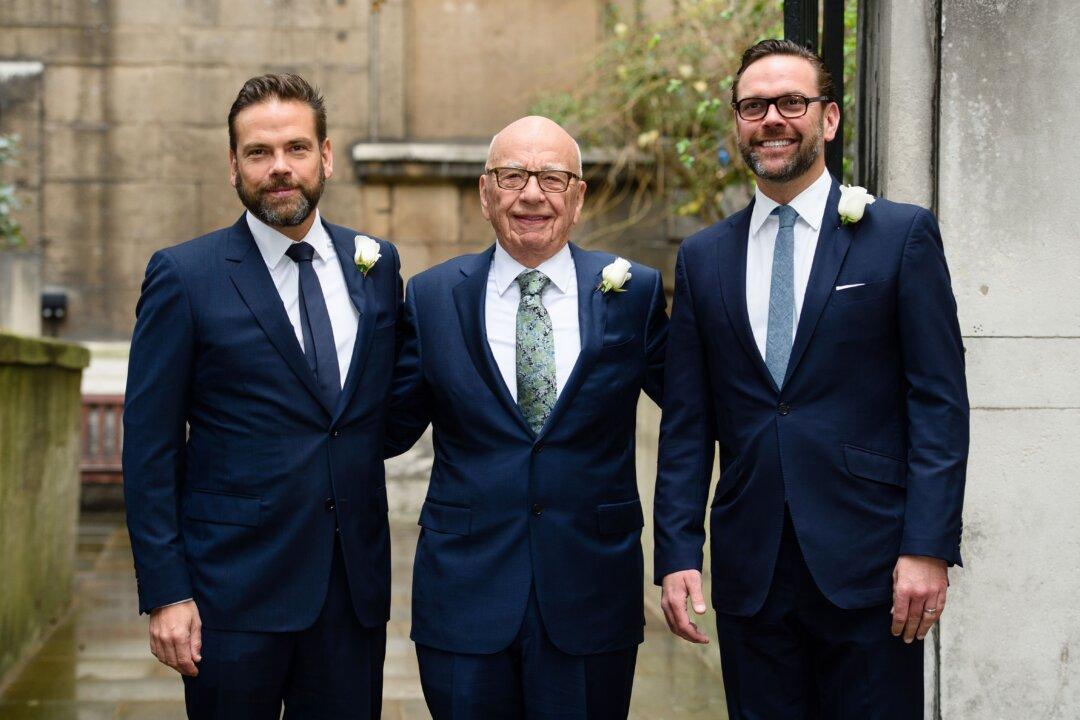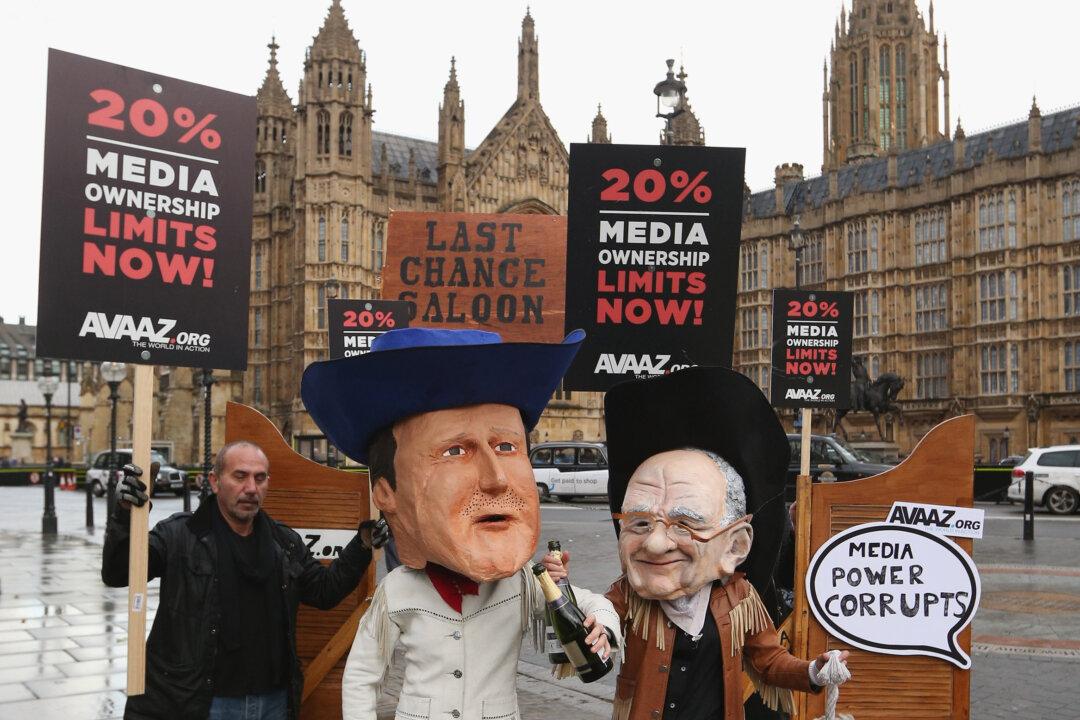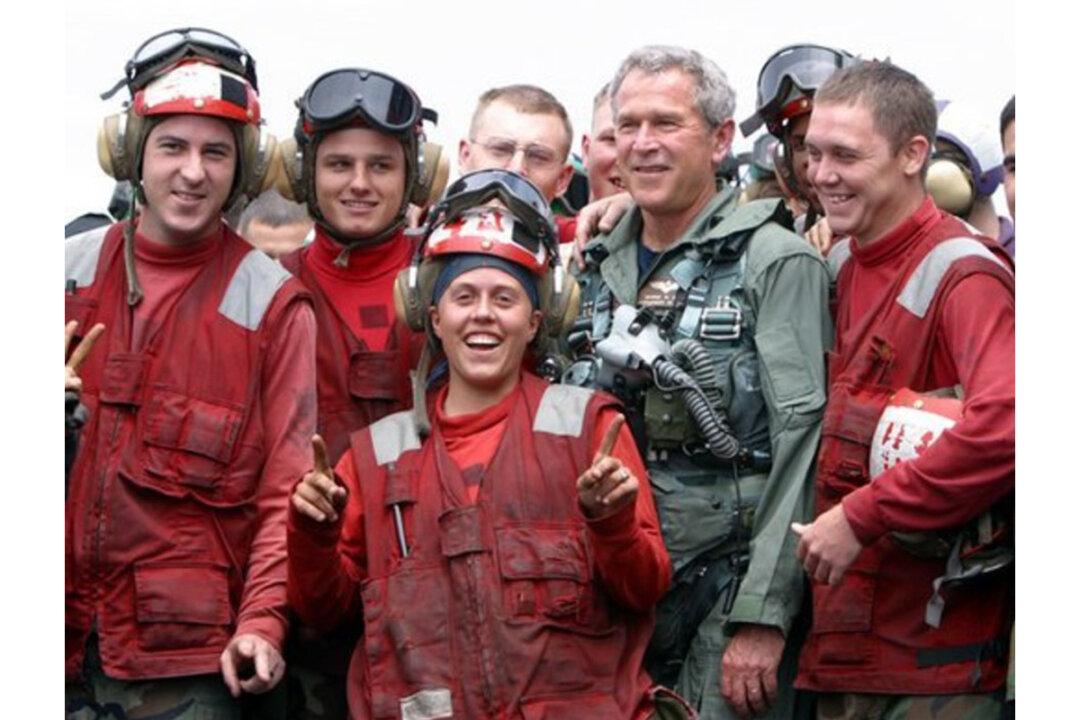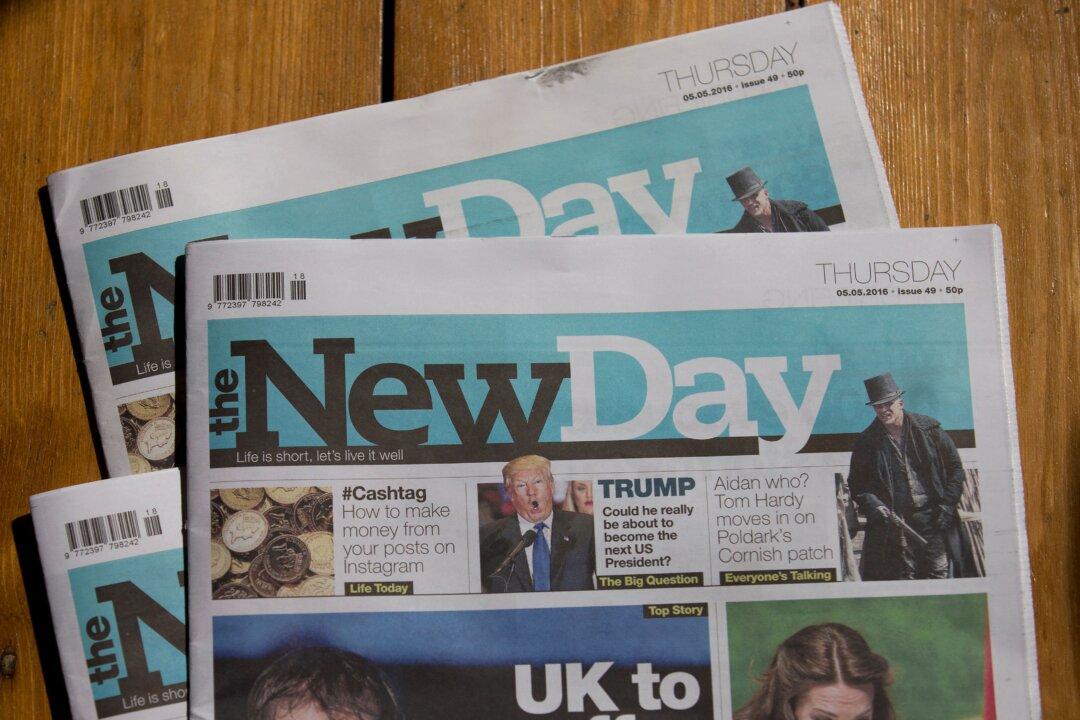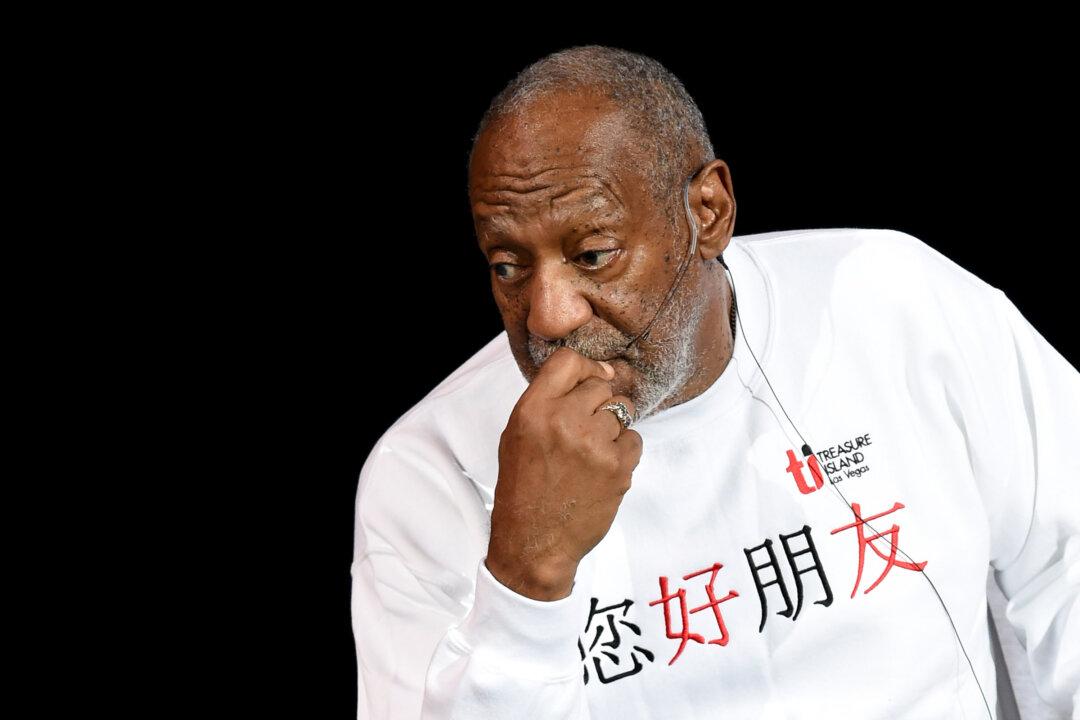In a move that Brand Republic describes as “highly symbolic” James Murdoch is to return to Sky, the U.K.’s leading subscription broadcaster, as chairman.
This is a remarkable personal rehabilitation. Murdoch the younger will, according to the BBC’s Kamal Ahmed, become one of the most powerful figures in European television—and, as Hazel Sheffield points out, the appointment will encourage speculation that Fox, where James Murdoch currently serves as CEO, may be looking to buy the rest of Sky—of which it presently has a controlling (minority) stake of 39 percent.
It’s been some decade for Rupert’s youngest son who in 2012, in the wake of the phone-hacking scandal, resigned his positions as both executive chairman of News International and BskyB. But, though criticized by communications regulator OFCOM for repeatedly falling short “of the conduct expected of him as a chief executive officer and chairman” in his role at News International he did not go quietly.
A matter of months after resigning as chairman of BskyB he was reappointed as a director of the company with, as the Guardian reported, the support of 95 percent of shareholders. Indeed, if you also factor in James Murdoch’s position with Fox, then this “return” is hardly the surprise that the headline writers may have us believe.
Leveson Who?
But it does signify, once again, the collective return to prominence and power of certain individuals who were only a year or two ago deemed to be seriously damaged by the Leveson report and the phone-hacking trials. In September 2015, in a move described by Evan Harris, joint executive director of Hacked Off, as the actions of a “dynastic, mafia-type corporation … with no regard for the feelings of the victims of phone hacking,” Rebekah Brooks was appointed chief executive of News U.K. (formerly News International).
